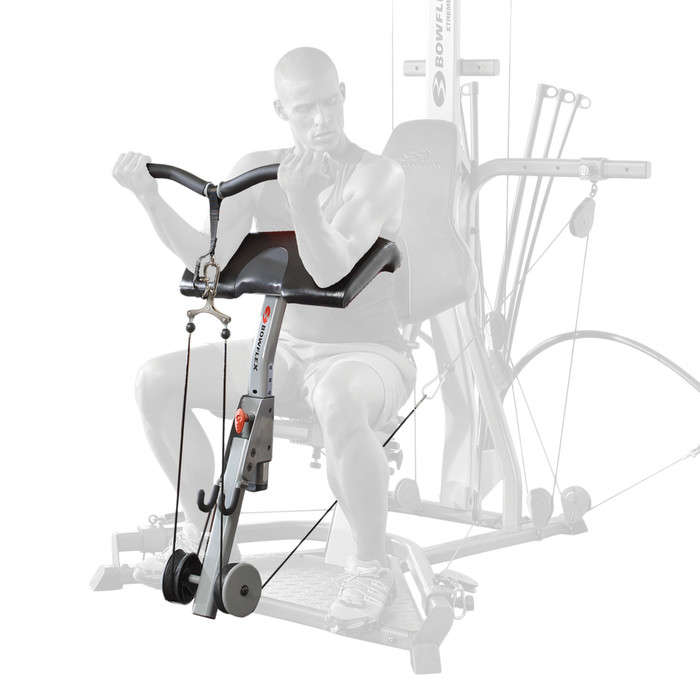5 Ways to Get a Better Night's Sleep

New diet fads. Weight loss supplements. Detoxes. These days, people are trying almost anything to become healthier and more fit. However, most of us seem to be slacking when it comes to one of the most essential aspects of our health: sleeping. In fact, Gallup reported that 40 percent of adults in the U.S. aren't getting the recommended amount of sleep.
In our busy lives, it can be easy to sacrifice sleep for other responsibilities, as well as difficult to actually get quality sleep when insomnia and worries from daily life keep us up. When you are sleep-deprived, the body and brain suffer. For example, people often become more susceptible to inflammation and struggle to remember simple information. In addition, it becomes harder to complete daily tasks because the body is already half-asleep, as parts of the brain can be inactive even when you are awake and functioning.
To live our best and healthiest lives, it is essential to prioritize sleeping. Here are five ways to ensure you get a quality night's sleep before your head even hits the pillow:
- Spend time in bed only when you are sleeping or trying to fall asleep.
When we think of comfort, most of us immediately think of our beds, so we tend to spend some of our down time cuddling up in it. But those extra hours can train the brain to associate our beds with things other than sleeping — making it harder to fall asleep. Instead of watching Netflix in bed, sit on the couch and save your bed for bedtime.
- Create a pre-bedtime routine.
We can also train the brain to associate certain activities with sleep by creating and sticking to a pre-bedtime routine — a series of acts or rituals done daily before bedtime. Some activities that typically have a relaxing effect on the brain and can help you doze off include meditation, reading or journaling. However, any activity that helps you personally wind down would be a great addition to your pre-bedtime routine.
- Make sure your pre-bedtime routine does not include any bright screens!
In our era of technology, it's tempting to bring gadgets with us everywhere — even into our beds. However, the bright screens prevent us from falling asleep because the artificial light emitted interferes with the brain's ability to produce melatonin (the hormone that helps us feel sleepy). Opting for an old-school alarm clock and leaving electronic devices in the other room can help you get a more restful sleep.
- Experiment with essential oils.
Some scents have been proven to help the body relax and feel sleepier instantly. Lavender reportedly helps fight anxiety, insomnia and depression when inhaled. Some other essential oils with relaxing properties are ylang-ylang, Roman chamomile and sandalwood. Squeeze a few drops of your favorite scent onto your pillow before bed to help wind down.
- Limit post-morning caffeine intake.
Coffee is one of the most frequently consumed drinks in America. We can often find ourselves drinking extra cups late in the day to stay alert. However, due to caffeine's long-lasting effects, even one extra cup may severely diminish sleep quality at night. Most doctors recommend halting daily caffeine intake around 2 p.m. Reach for an ice-cold glass of water to wake you up instead.
After a busy day, it can be difficult to wind down, but sleep is essential for feeling your best. Creating a regular routine, eliminating bright screens and incorporating natural remedies tonight can help you wake up feeling refreshed and ready for tomorrow. Sweet dreams!





























